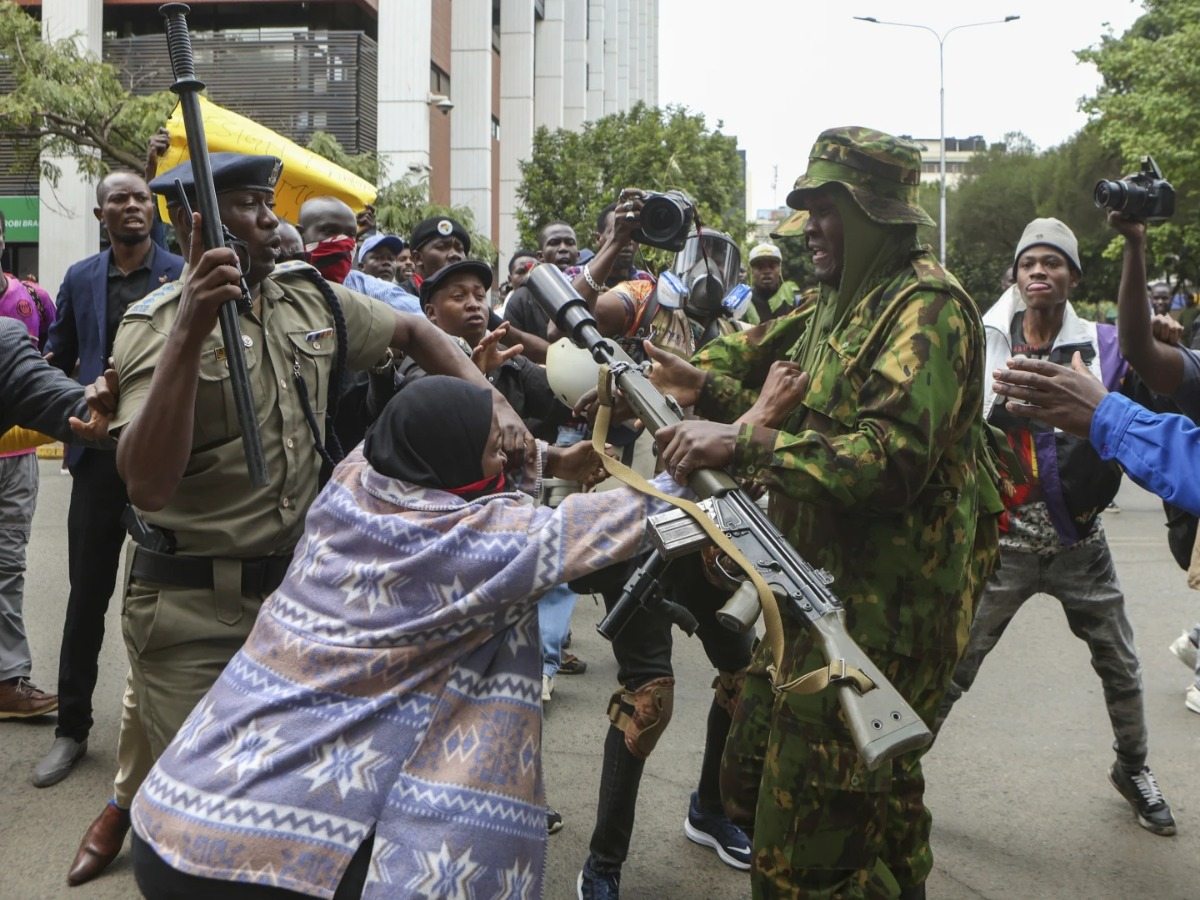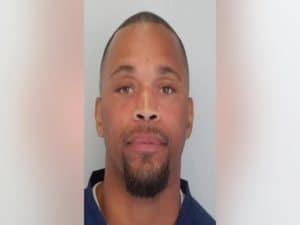Amid mounting public anger and demands for accountability, Kenya’s Deputy Inspector General Eliud Langat announced on Monday that he would temporarily vacate his position as investigations continue into the death of blogger Albert Ojwang, who died under mysterious circumstances while in police custody.
Langat, who had filed a complaint accusing Ojwang of online defamation, did not mention his role in initiating the case that led to the blogger’s arrest.
“I undertake to provide any support that may be required of me during the investigations of the unfortunate incident,” Langat said in a statement, citing the ongoing probe as the reason for stepping aside.
READ ALSO: Outrage in Kenya as police officer arrested over blogger’s death in custody
Ojwang’s arrest on June 6 in western Kenya and his subsequent transfer to Nairobi, a journey spanning nearly 400 kilometers, sparked a chain of events that culminated in his death just two days later at the Central Police Station. The police initially claimed that Ojwang had died after “hitting his head against the cell wall.”
Watch a recent episode of The BreakDown podcast below and subscribe to our channel PanaGenius TV for latest episodes.
However, a pathology report sharply contradicted that narrative, concluding that Ojwang suffered a combination of head trauma, neck compression, and widespread bodily injuries, all indicative of assault.
The circumstances surrounding his death triggered a wave of protests in Nairobi, with demonstrators demanding justice and clashing with police. The unrest resulted in several injuries and destruction of property.
Following intense scrutiny, two officers, Samson Talam, the officer in charge of the Central Police Station, and his colleague James Mukhwana, were arrested last week in connection with the case. Investigators have requested additional time to gather evidence.
Inspector General Douglas Kanja had earlier confirmed that Langat’s complaint prompted the surveillance of Ojwang’s digital activity. Yet, as outrage grows, questions remain about the chain of command and accountability in the case.
President William Ruto addressed the controversy on Friday, vowing to shield Kenyans from abuse by law enforcement and urging a full investigation into the blogger’s death.
His call for justice comes against the backdrop of Kenya’s long and troubled history of police brutality. Ojwang’s case echoes previous incidents, including the abductions and killings of activists during last year’s finance bill protests, events that sparked nationwide unrest and increased pressure on Ruto’s administration.
READ ALSO: Police clash with protesters over Kenyan blogger’s mysterious death in custody
Ruto, who had earlier pledged to curb extrajudicial killings and reform the police, now faces renewed scrutiny over whether those promises will be kept.










